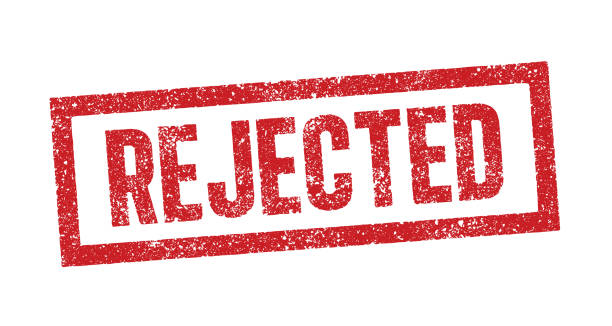Related Articles
Health insurance companies are required by law to maintain a certain amount of money as a “reserve” that financially covers members’ medical expenses. The term of art is Risk-Based Capital. Insurers have no way of predicting member expenses. For example, a natural disaster or a local viral epidemic could rapidly and significantly deplete a company’s reserves.
Washington state has three non-profit health insurance companies – Premera Blue Cross, Regence Blue Shield, and Kaiser Permanente. SHB 2679 would force the companies to submit the amounts of their reserves to the Washington State Insurance Commissioner. The Commissioner would then determine any excess above 600 percent of their required reserves. That excess above 600 percent would be taxed at three percent. (here)
The three companies’ combined reserves increased from $2.4 billion in 2012 to $4.4 billion in 2018. (here) Supporters of SHB 2679 argue that this increase is due to increases in insurance premiums paid by members. While insurance premiums have increased, the companies would argue that much of the reserve increase is due to an increase in stock market investments. The companies also argue that the three percent excise tax is unnecessary because they are already financially giving back to their respective communities. (here)
So where would the money collected by SHB 2679 go? The bill allocates the money to two areas – local Washington state community health organizations and subsidies for people who don’t qualify for Obamacare subsidies to purchase health insurance in the individual market.
One could argue that public health should be a priority of government, yet the state has decreased funding for public health, in some cases by as much as 40 percent over the past decade. As always, state officials are looking for a new funding source, even though most taxpayers would view public health as vitally necessary.
People who earn up to 400 percent of the federal poverty level qualify for subsidies in the Obamacare exchange. This is $103,000 for a family of four in 2020. (here) SHB 2679 would fund subsidies for people who don’t qualify at this income level. In other words, people earning more than 400 percent of the FPL would qualify for subsidies.
SHB 2679 has major adverse consequences. It potentially leaves health insurance companies at risk of not being able to cover member medical expenses. If reserves drop below 600 percent of what is required, the bill would leave public health organization underfunded and would cause people to lose their subsidized health insurance.






